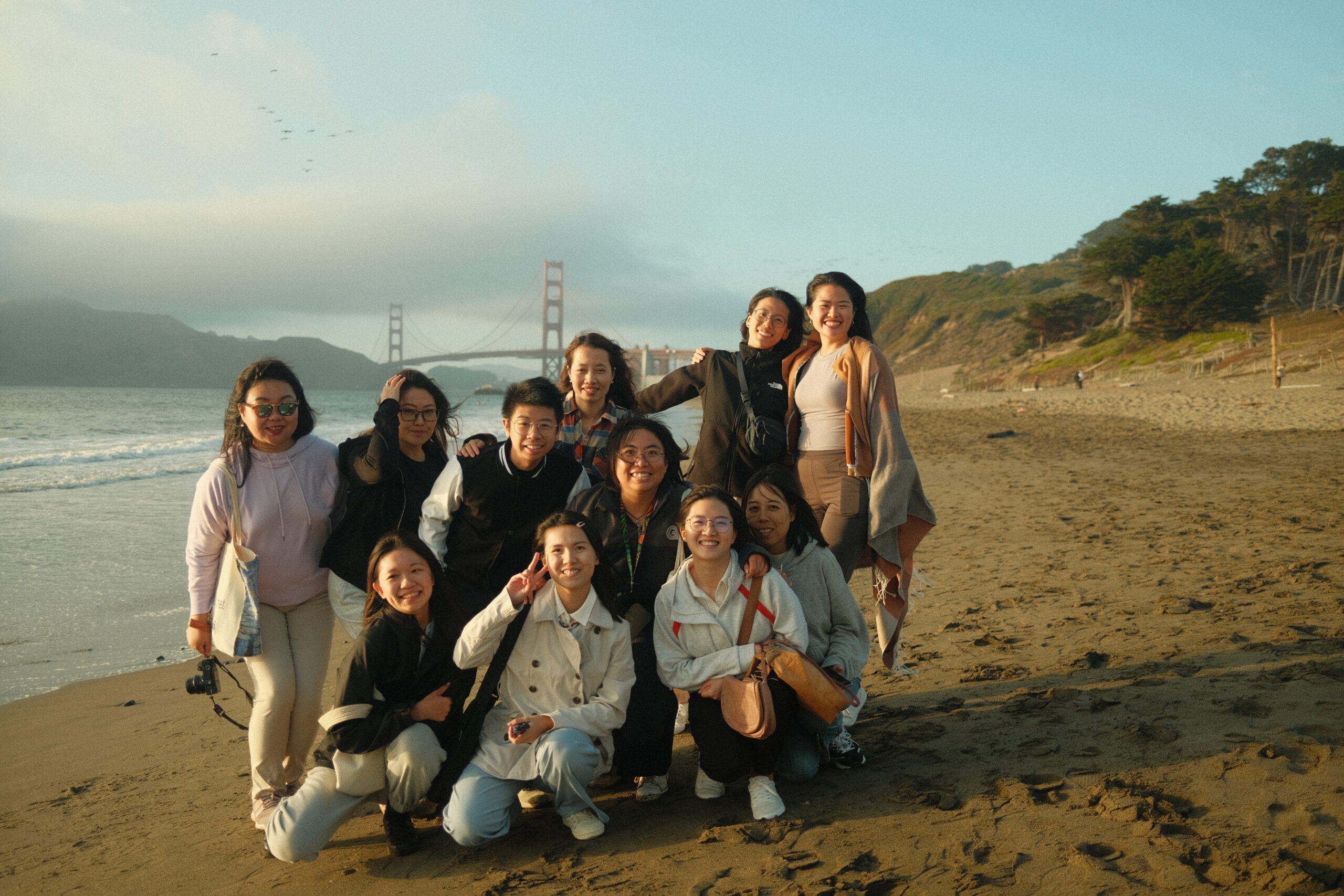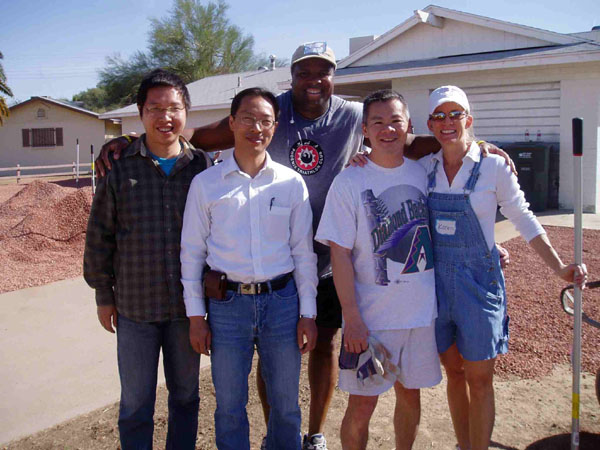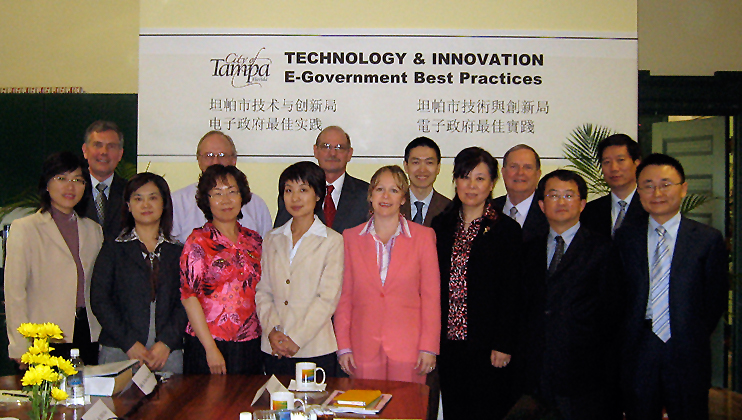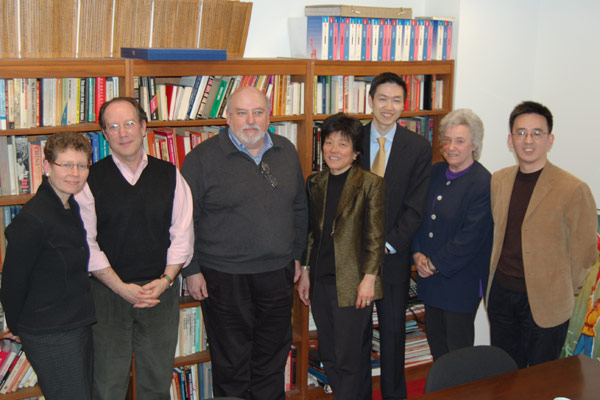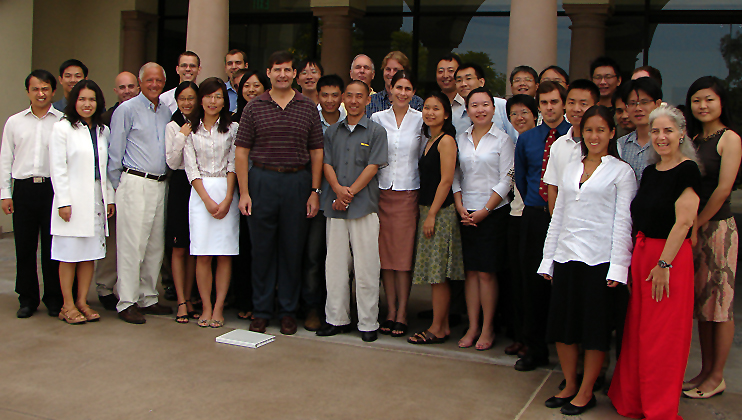The Professional Fellows Program, funded by the U.S. Department of State's Bureau of Educational and Cultural Affairs, is a two-way capacity building exchange for emerging NGO leaders in China, Hong Kong, Taiwan, and the United States in the fields of environment, legal aid, philanthropy, and community building.
With limited funds at their disposal, China's NGOs are increasing their human resource pool and engaging their communities by utilizing volunteers to fulfill their missions. It is within this context that the Strengthening Volunteer Management in Chinese NGOs project was developed in 2005, with the goal of providing Chinese NGO professionals practical training in volunteer management.
Despite differences in political traditions and practices, municipal government officials in the United States, mainland China, and Taiwan share interests in delivering services to citizens, promoting economic development, and managing government resources. Many have taken advantage of the Internet’s capacity for fast, inexpensive communication and introduced innovative municipal websites. These e-government initiatives, in turn, have […]
The National Committee implemented an exchange program that provided a forum for museum professionals, specialists, and government officials in China and the United States to share experiences and ideas on how museums can best engage young audiences and serve as educational resources.
In 2006, ten promising graduate students were selected from the United States to join with ten each from mainland China and Taiwan to participate in a National Committee's conflict resolution program.
The Chinese media is giving greater attention to HIV/AIDS, yet it often ignores the effects of HIV/AIDS-related stigma and discrimination. A National Committee exchange program, conducted in the spring and summer of 2006, was designed to highlight the roles that journalists can play in combating stigma and discrimination, call attention to society’s attitudes toward marginalized groups, encourage community involvement in finding solutions and stimulate policy debates on a national response.
